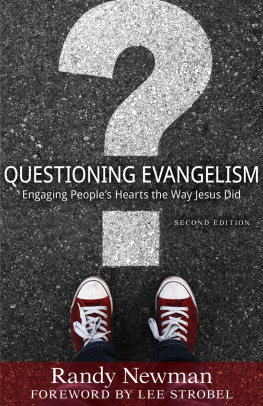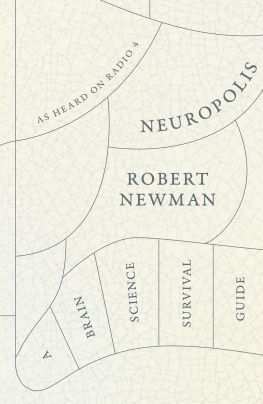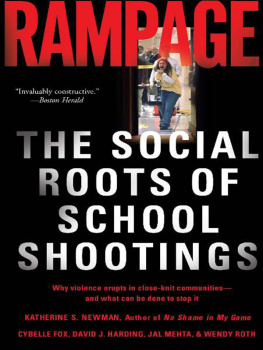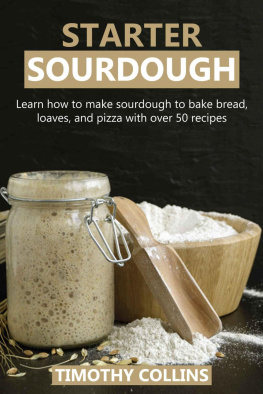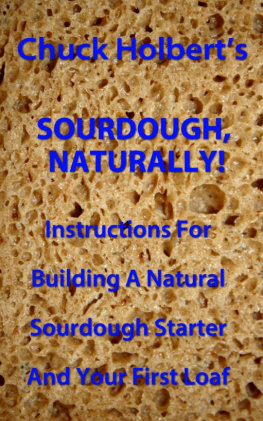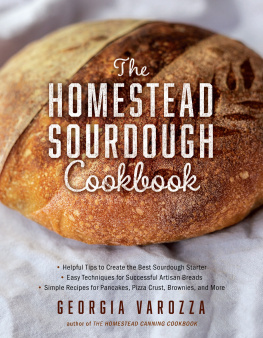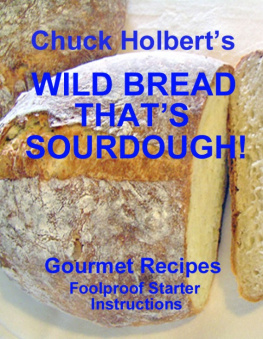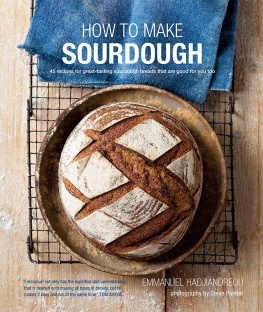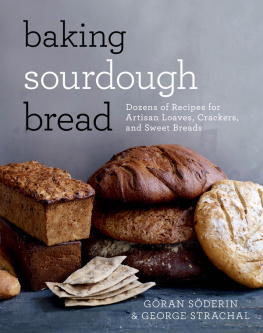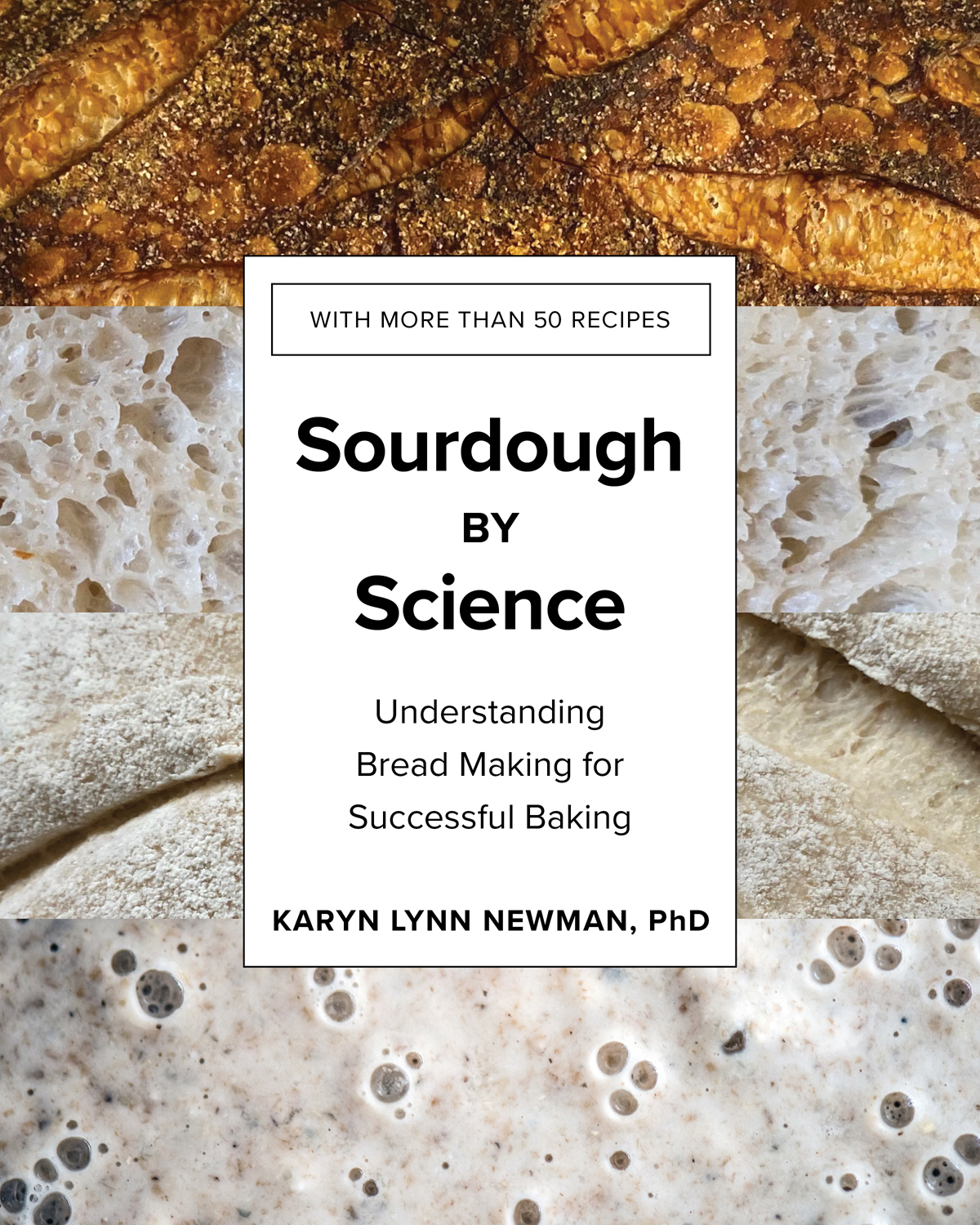Contents
Guide
Page List
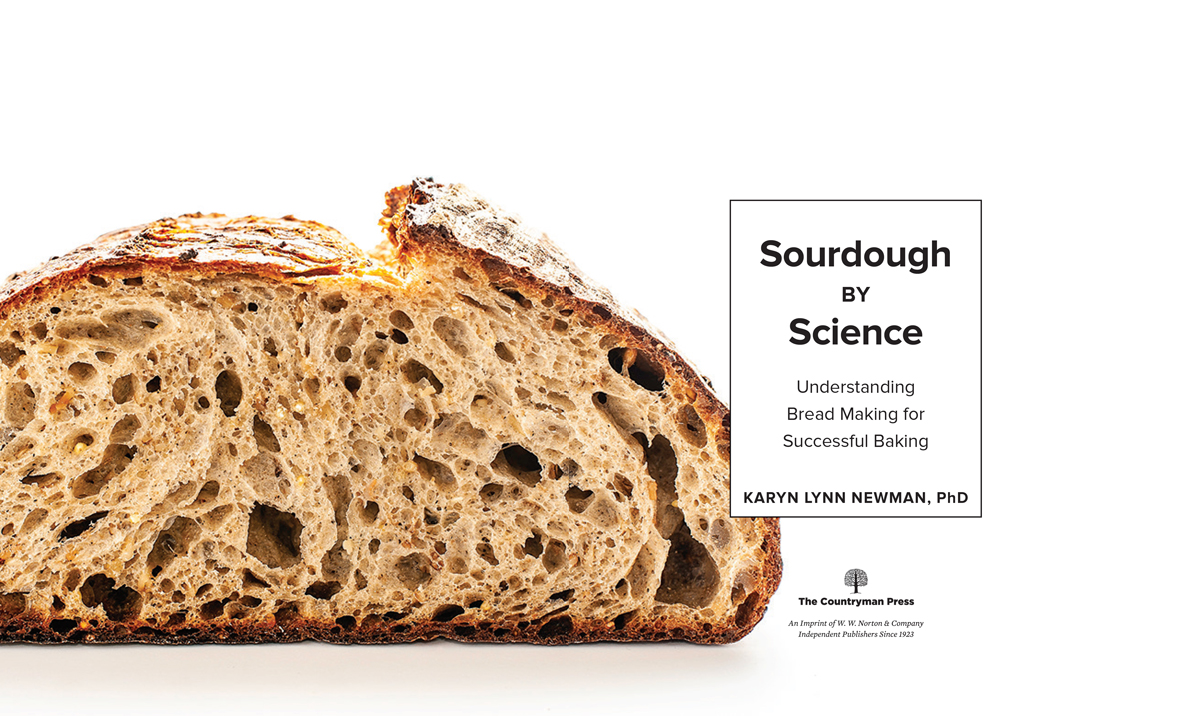
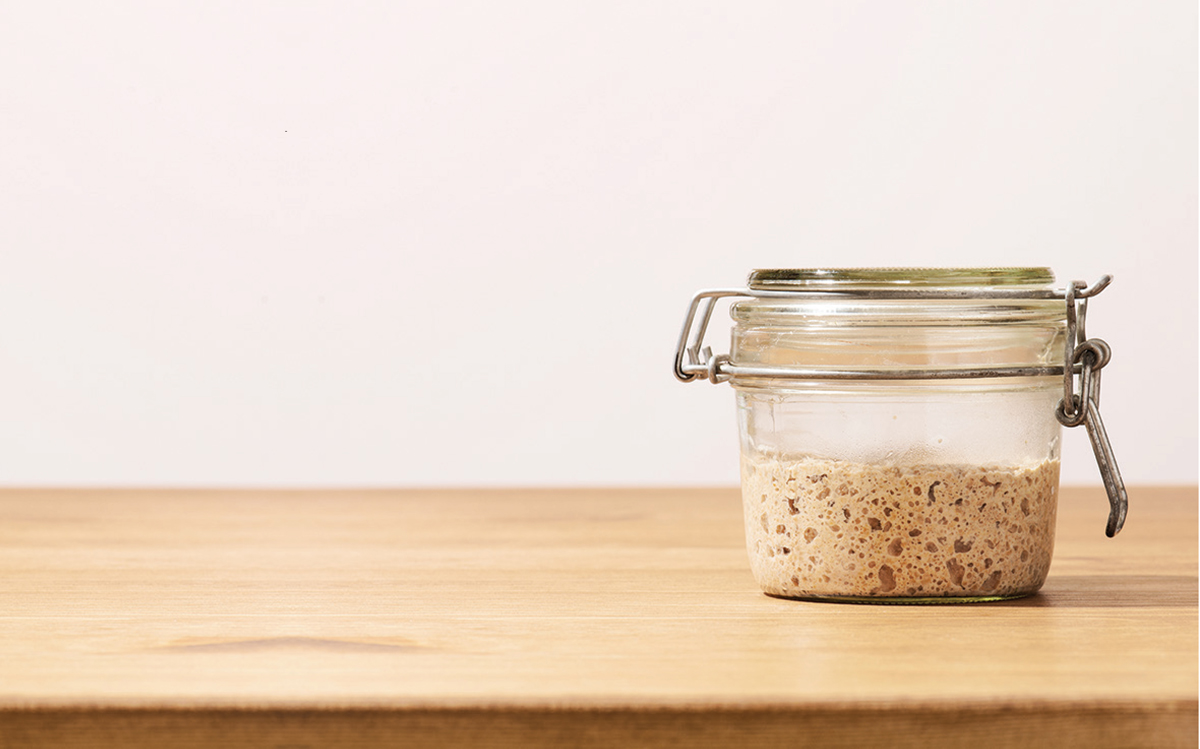
Dedicated to Jack, Orelia, and Jenya, my three inspiring bread aficionados.
Contents
If you are going to follow links, please bookmark your page before linking.
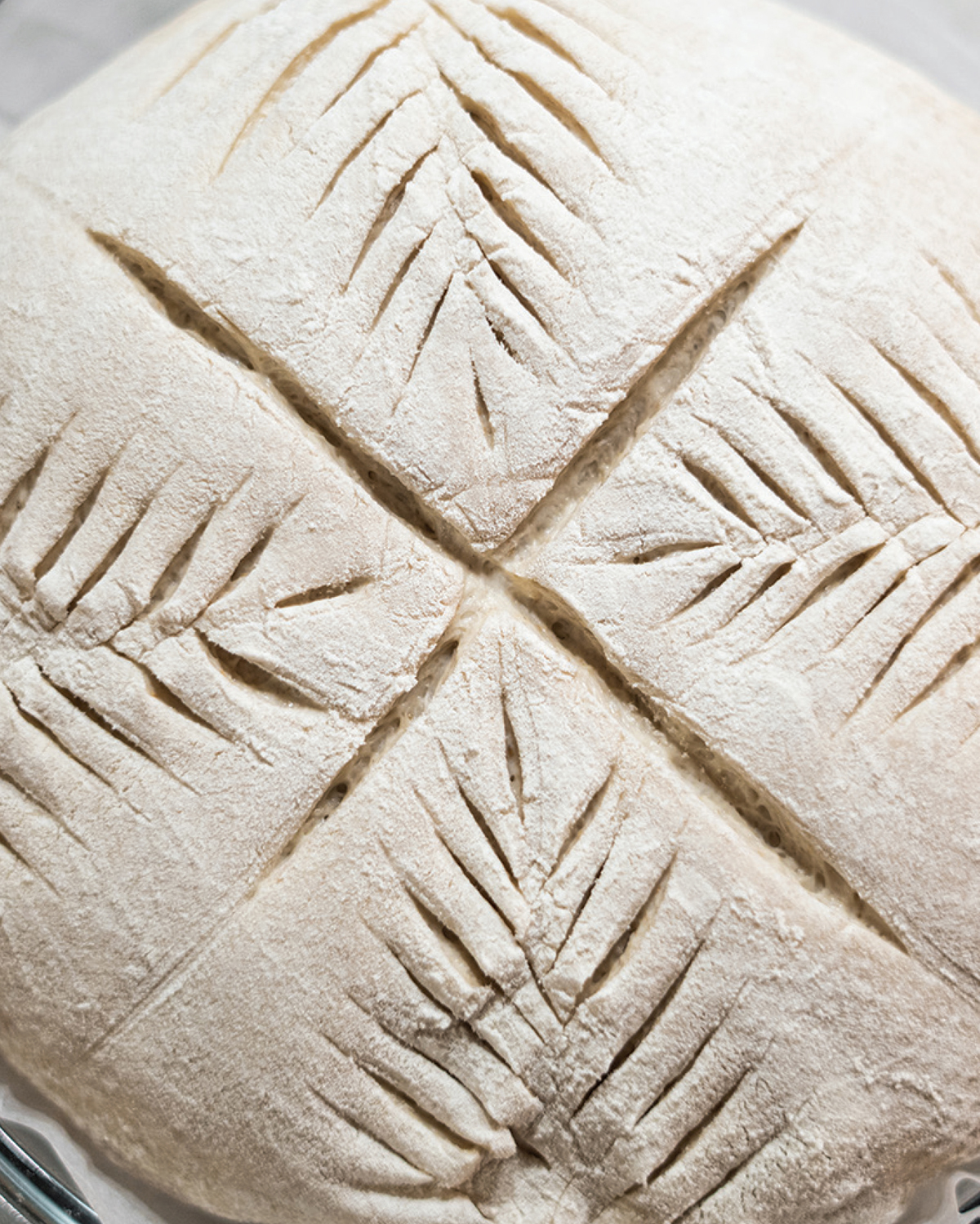
The smell of freshly baked bread is deeply intoxicating. Thumping a crusty, fragrant sourdough onto the table is a serious thrillyou know that its going to be a great meal. But if you dont have easy access to a really good bakery, then that delicious fresh bread, still warm from the oven, is a rare treat. Learning to make excellent artisan bread for yourself is very simple in many ways, once you get the hang of it, and is actually a lot of fun (some might even say addictive). I discovered this by learning to bake artisan sourdough in a home kitchen myself, and I wrote this book to share what I learned so you can be up and running as a home artisan sourdough baker, pronto. You can have great bread, made the way you like it, whenever you want. Lets hear it for bread independence!
In my sourdough-baking journey, I have become familiar with the obstacles to making great bread, and I will help you avoid them. I have reviewed the bewildering array of possible gear, and I can help you choose the essentials for jumping right into successful sourdough bread making. I have studied bread making and tried the various and sometimes conflicting techniques and tips from a multitude of cookbooks, bakeries, flour producers, food scientists, and internet recipes and blogs. All along the way I pared down the bread-making process, keeping only the essential steps to creating fantastic bread at home with the least amount of effort.
It is regrettable that people sometimes meekly abandon sourdough baking after it appears to be an unsustainably time-consuming and effort-laden process. We are not going to let this happen to you! After all, you are probably living a very rich life already. Maybe you are busy with an intense career, a full family life, creative pursuits, socializing, exploring the outdoors, and so on. I want to help you fit artisan sourdough bread baking comfortably into your life and get you baking great bread right away. To do that, we will focus on a few key steps, techniques, and essentials, using mostly ingredients and equipment you already have on hand.
Demanding regimens for keeping the starter alive, long fermentations with hands-on requirements, and a perceived need for a lot of gear that must be selected, purchased, and stored, can frustrate timely success. Sure, you can make your own starter from scratch, knead your dough forever, do complicated steps involving lots of measuring, mixing, and timing, and buy fancy bakers or bannetons or proofing boxes. If you find that enjoyable, then by all means have fun with it. But you can make really great bread without all the fuss, and Ive learned that if you want to be able to fit sourdough baking into your life in a sustainable way, then the best way to do that is to rely on a method thats fast, flexible, and foolproof. It can then be a delight to branch out from there if you choose.
Although you might want to make a great loaf of bread without taking time away from your other pursuits, a curious and intelligent person may still want to know why each step in the recipe is important. What would happen if you did it differently? You might want to know how you can adapt a recipe successfully to your own preferred schedule, techniques, equipment, or ingredients. I will arm you with the information you need to understand how these steps and techniques affect your bread. Later you will be able to experiment to tweak your creations. And I give you reference points and context so you can understand the fermentation process and engineer it to your preferences. Using laypersons terms, I open the black box of dough development and show you whats inside. Theres a reason why many cookbooks avoid doing thisits a highly complex process and there are many variables that control how it goes. This complexity is why many great bakers will tell you to get your hands in the dough and learn to bake by experience. You most certainly dont need to understand fermentation to bake great bread, but you might want to because, you know, knowledge is power! Great bakers who dont know the scientific details and terminology have solid knowledge that is based on training and/or experience, which is a very powerful foundation. If you want to bake great bread without years of hands-on training and experience, you can use scientific knowledge of the bread-making process to get you started in the right direction.
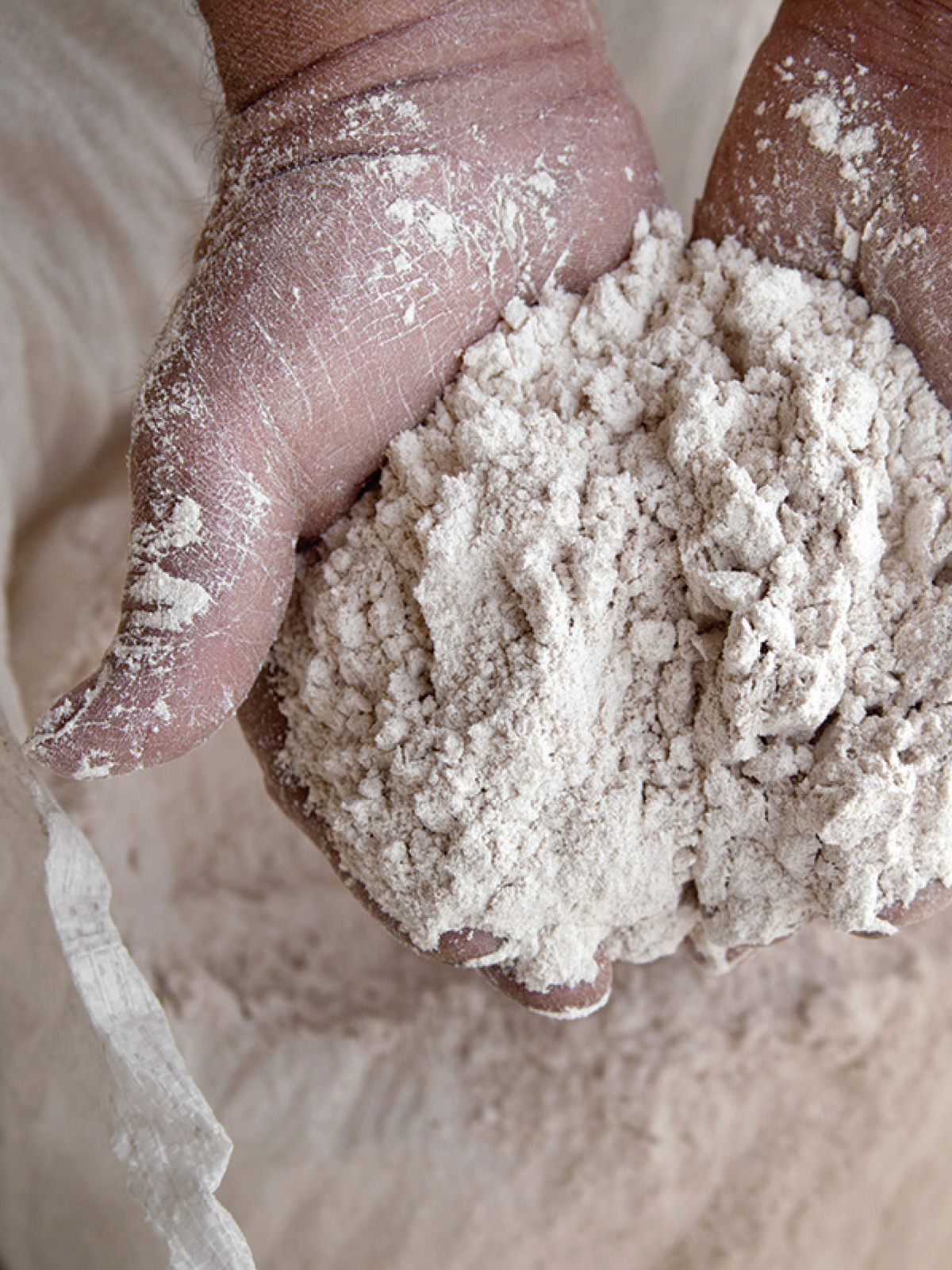
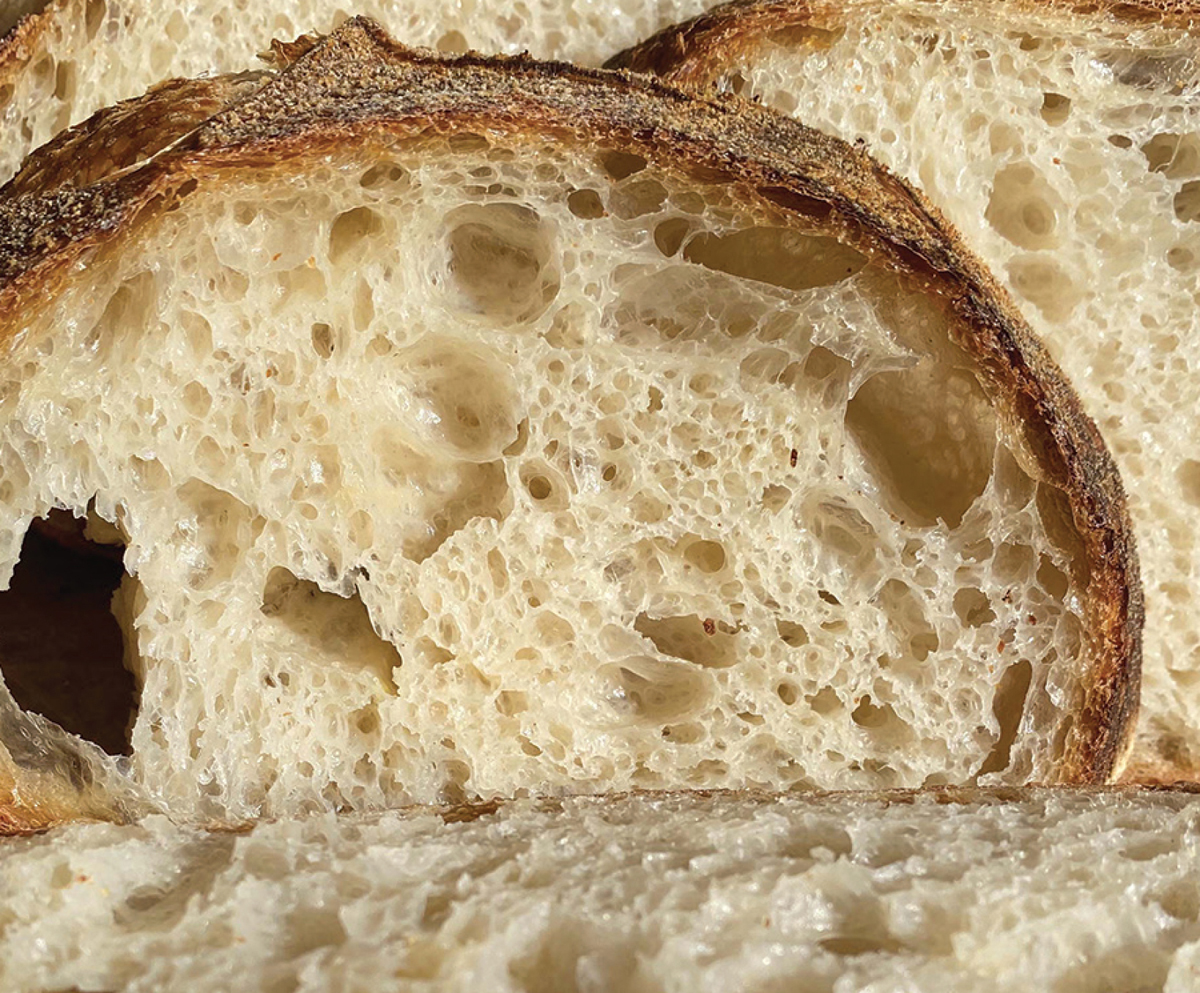
Humans have used sourdough for thousands of years all around the globe. The diversity of methods employed and the breads that can be produced are infinite. Exploring these can be a joy, but it can also be confusing and overwhelming. What I present to you here is a manageable portfolio of ways to make artisan sourdough, and along the way Ill teach you what youll need to know to make any recipe that you can dream up work for you.
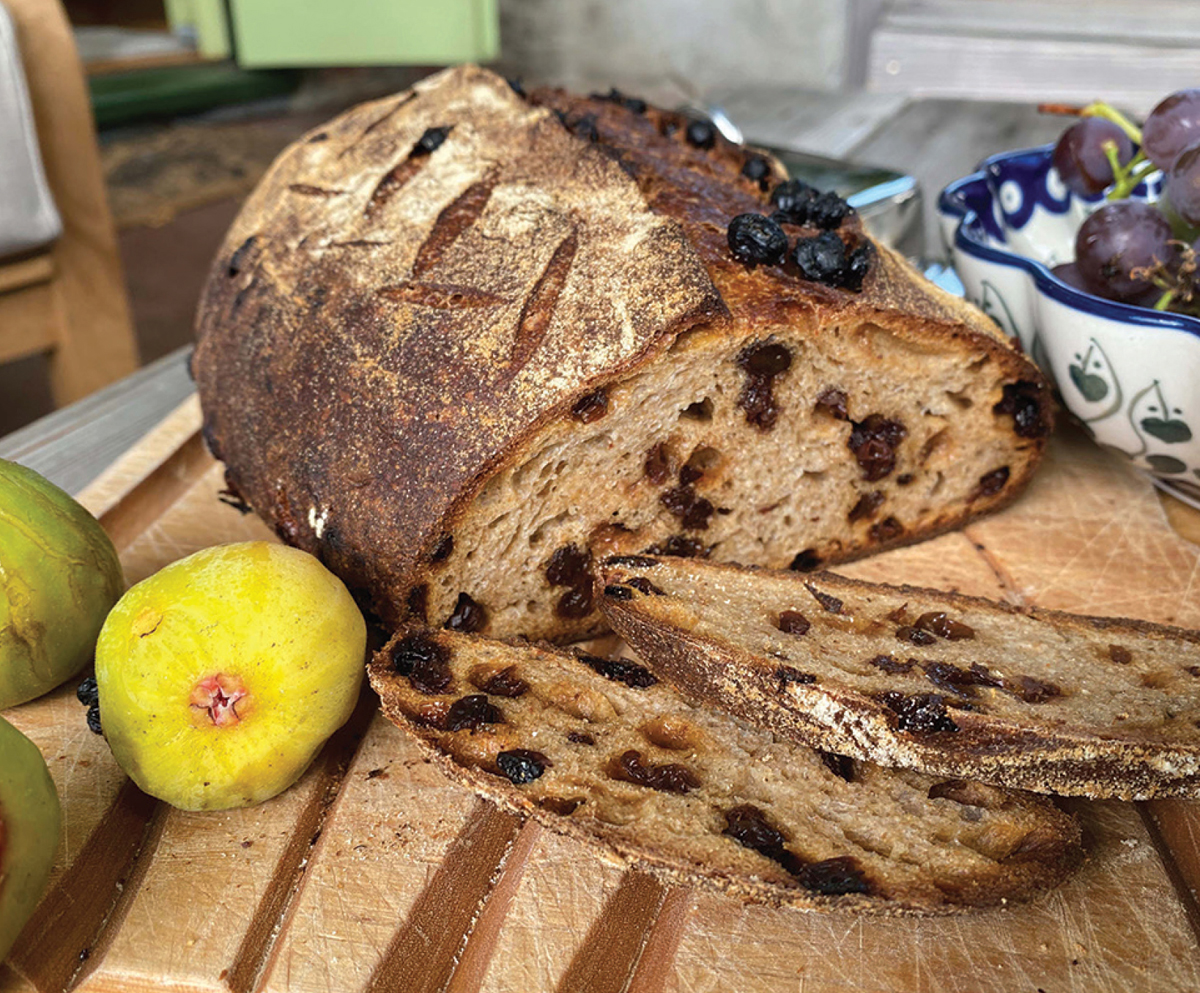
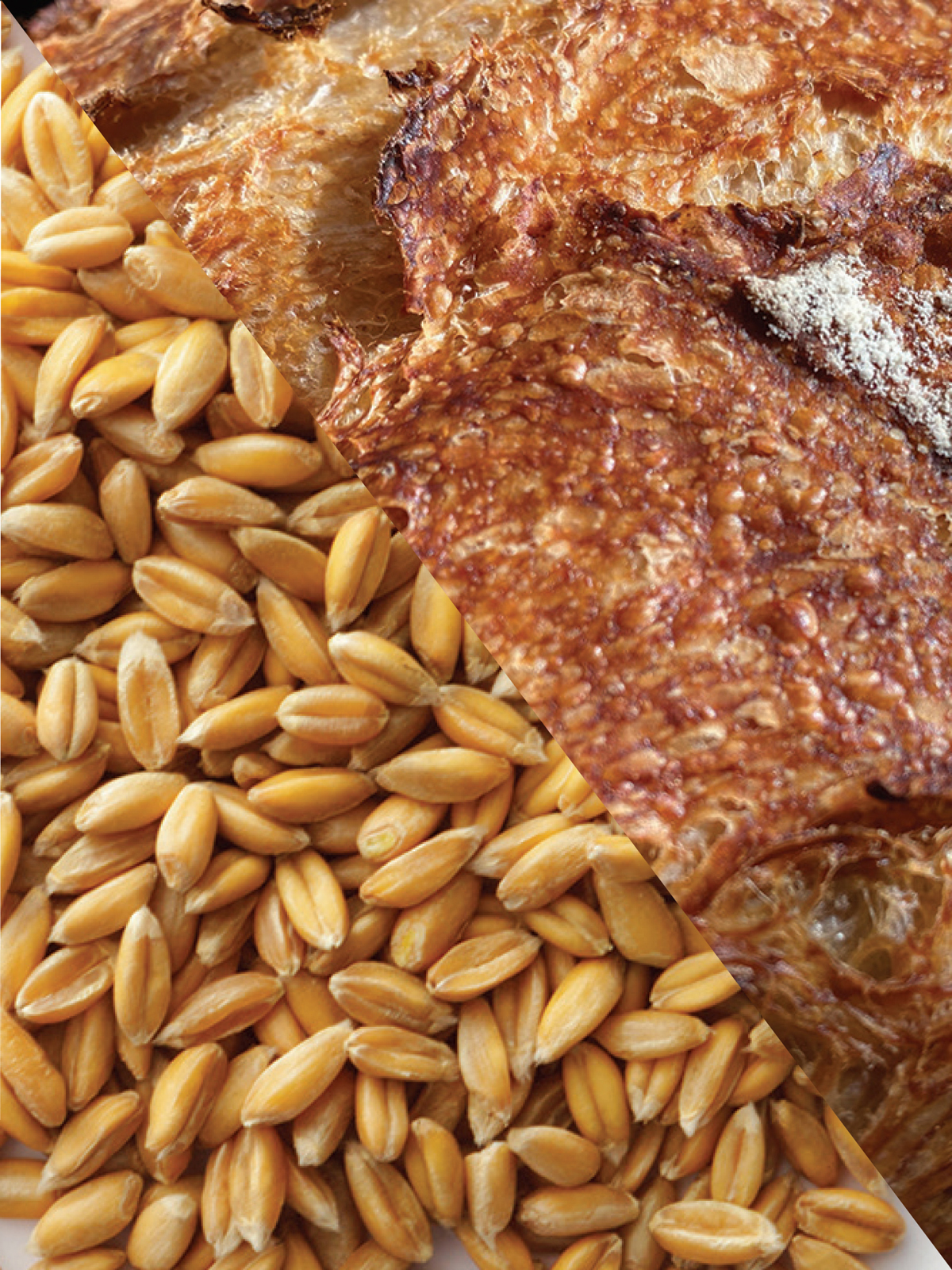
How to Use This Book
Read through of the book, youll find a troubleshooting guide and a glossary, as well as a worksheet. You can make copies of the worksheet and use one each time you bake a recipe to help you keep track of what you did and how it turned out for future reference.
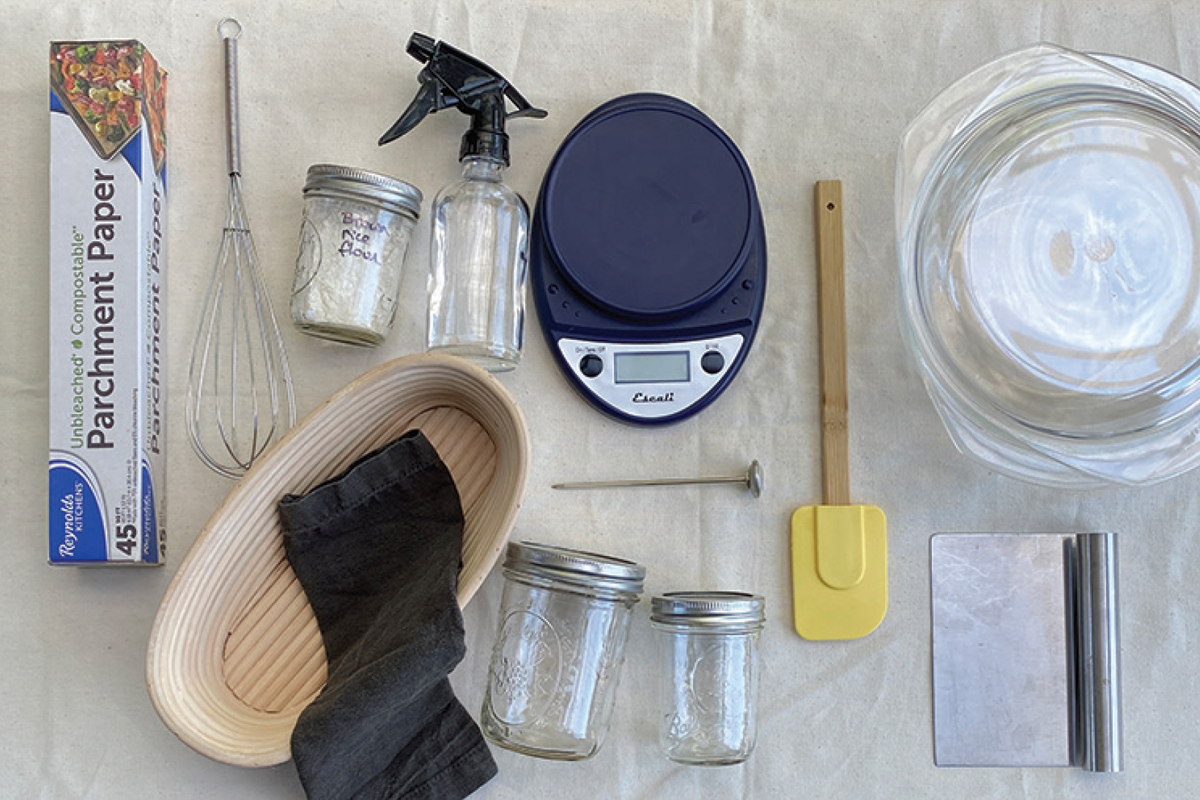
A few of my favorite sourdough baking essentials
Jump-Start Success
The main obstacles to quick success in beginning sourdough baking can be completely avoided by starting off with the essential equipment. You may already have most of them, or can get them for free or a pretty low cost. You will need:
A fast-rising, established starter. You can ask your local bakery if they would share some starter (most do). Or you can order one online from, for instance, the 1847 Oregon Trail Sourdough Starter, which you can get for free from the website Celebrating Carl Griffiths 1847 Oregon Trail Sourdough Starter (carlsfriends.net). Or you can purchase a starter from King Arthur Baking Company (shopkingarthurbaking.com), Cultures for Health (shop.culturesforhealth.com), or Sourdoughs International (sourdo.com). Send away for one now, as it can take a couple of weeks to arrive. Beginning with an established starter gives you one less thing to suspect if you need to troubleshoot a recipe that didnt turn out as expected. It is fun to create your own starter from scratch or to try the one your neighbor just made. But if the starter doesnt double in volume within 3 hours at 7480F (2327C) after a refreshment, then it will not be able to raise the dough in a recipe and will lead to a lot of frustration and dense, gummy breads. I recommend getting an established 10-year-old or older starter even if you plan to make your own so you can see what a good starter is supposed to be like.




